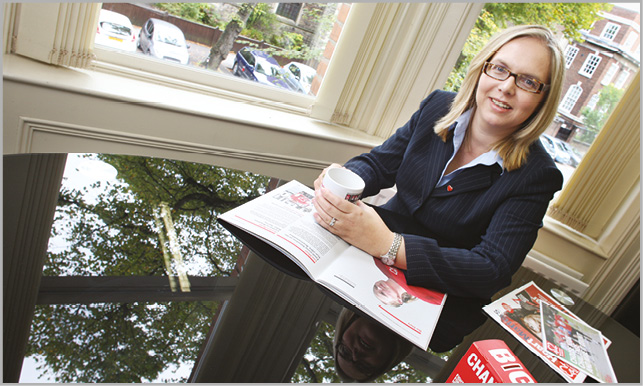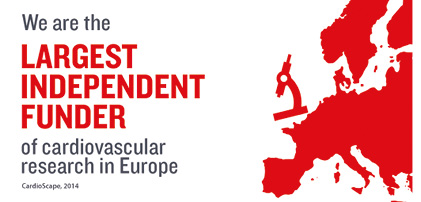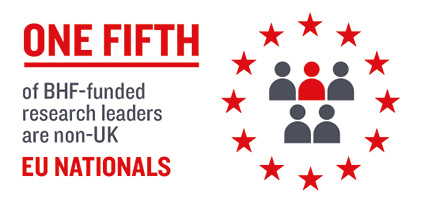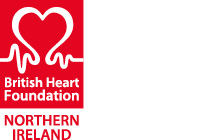Research must be protected from sizeable Brexit challenges


Head of British Heart Foundation Northern Ireland (BHFNI) Jayne Murray discusses the challenges posed by Brexit to the medical research sector in Northern Ireland and across the UK.
Outlining the British Heart Foundation’s role within UK research, Jayne Murray says: “For over 50 years, the British Heart Foundation (BHF) has pioneered lifesaving research. Research that’s helped halve the number of people dying from heart and circulatory disease in the UK. Right now, people from all over the UK are benefitting from new treatments and cures that wouldn’t have been possible without the dedicated work of BHF-funded researchers.”
The Head of BHFNI is quick to point out the uncertainty currently felt by the research community: “The research community, as a net beneficiary of the EU’s large research funding programmes, feels palpable uncertainty in the wake of a UK exit from the European Union – it stands to lose sizeable funding.
“Scientific research can only reach its full potential with the right funding ecosystem, which is a mixture of financial support from government, industry and charitable organisations like BHFNI. As part of this interdependent funding pot, between 2007 and 2013, the UK received €8.8 billion in EU research funding, having contributed €5.4 billion over the same period.
“When the research community in the UK finds itself facing the biggest changes in a generation, charities can help to provide the stability and certainty that is needed – charities fund 45 per cent of publicly funded medical research, an investment totalling £1.6 billion in 2016.
“Indeed, charities have consistently invested more than £1 billion in research in each of the past nine years.”
What is the British Heart Foundation’s role in research?
The BHF is playing its part across the UK; as the UK’s largest independent funder of cardiovascular disease, we aim to fund around £100 million of new research each year. This is research that holds the answers to some of the biggest challenges our society faces.
“As the leading heart charity in Northern Ireland, we currently invest over £2.5 million in world leading research at Queen’s University, Belfast – extensive portfolios of research on everything from diabetes to treatments for heart attacks and beyond,” says Murray.
She adds that Northern Ireland has much to be proud of in terms of heart research: “We have a very strong legacy of high quality heart disease research here in Northern Ireland. Frank Partridge, from Hillsborough of course, used British Heart Foundation funding to discover the first portable defibrillator, a device that saves lives across the world.
“Research matters whether it is localised here in Belfast, or from across the UK. Life-saving research breakthroughs from BHF funding such as the defibrillator, the development of statins, and pioneering techniques that save the lives of 12 babies born each day with a heart defect have come from all corners of the UK and the world.
“In fact, at the moment over one fifth of all BHF funded research leaders are non-UK nationals.”
Offering her opinion on how the UK’s decision to leave the EU will affect the future of research, Murray adds: “Although these are eye catching discoveries and statistics, ultimately the research we fund is about saving and improving lives. And despite the many advancements already made, in that endeavour we still face a huge challenge.

“Brexit is part of that challenge. If the research community cannot be supported in the way that we have been able to for the past 50 years, we may lose out on the next breakthroughs that could save thousands of lives.”
Pointing to some of the exiting work that is on-going, she explains: “At this year’s British Cardiovascular Society’s annual conference, we saw the amazing discoveries that are being made right now. From the BHF funded researchers at the University of Oxford who’ve discovered a new drug to help heart attack patients’ hearts heal, to a genetic discovery that’s uncovered the cause of a mysterious and potentially-deadly heart condition which affects women during or just after pregnancy, there is much that gives us hope for the future.
“There is no doubt that Brexit will have implications for medical research both here and across the UK. From funding to collaboration to regulation, we could suffer badly from a poorly planned and implemented departure from the EU. However, if we get these decisions right, I am optimistic that we can make a success of our new future and the cardiovascular health of the people of Northern Ireland. With 50 years’ experience in driving heart research, BHFNI wants to engage further on protecting the research community locally in Northern Ireland, across the UK and beyond.”
Concluding, Murray says that it is crucial to get Brexit right for research. “Disease doesn’t respect the result of an election, or one country’s decision to change its relationship with its neighbours. This month 310 people will lose their lives to heart disease in Northern Ireland, 90 of those will be under 75. A total of 12 babies will be born with a heart defect and 480 will be rushed to hospital with a heart attack.
“Research is hope and it brings with it the answers that can help to change these numbers; we must work together to ensure that post Brexit, UK research continues to thrive.”
British Heart Foundation
E: ni@bhf.org.uk
T: 028 9053 8301
W: www.bhf.org.uk






